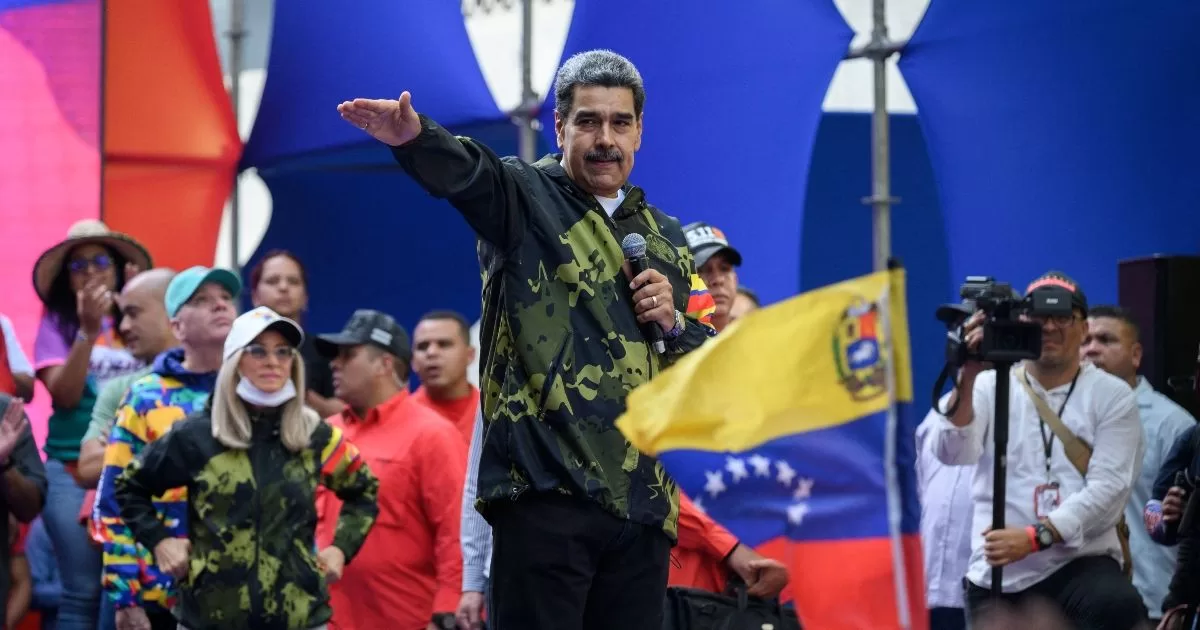MIAMI. – The International Day of Corruption It is celebrated this December 9. By 2023, United Nations points out that the objective of this date is to make visible the relationship between the fight against corruption and peace, security and development.
“Its core is the notion that the fight against this crime is the right and responsibility of everyone, and that only through the cooperation and involvement of each and every person and institution can we overcome the negative impact of this States, public officials, law enforcement officers, media representatives, the private sector, civil society, academia, the public and young people have a role to play in uniting the world against corruption,” highlights the UN.
On October 31, 2003, the General Assembly approved the United Nations Convention against Corruption, which has been in force since 2005. In addition, the UN Secretary-General was asked to designate the United Nations Office on Drugs and Crime (UNODC) as the secretariat for the Conference of States Parties to the Convention.
Corruption affects all countries
Corruption refers to the misuse of public power to obtain an illegitimate advantage, whether by an official or an individual. It consists of abusing power, functions or means to obtain financial or other benefit.
The United Nations points out that the crime of corruption It affects all countries. It is defined as a complex social, political and economic phenomenon.
In this sense, “it undermines democratic institutions by distorting electoral processes, perverting the rule of ley and create bureaucratic quagmires, whose only reason for being is to request bribes. It also stunts the foundations of economic development as it discourages foreign direct investment and small domestic businesses often find it impossible to overcome the ‘front costs’ required by corruption.”
Furthermore, for the UN, corruption “is an insidious plague that has a wide range of corrosive effects on society”, leads to human rights violations, distorts markets, erodes quality of life and gives rise to the rise of crime. organized crime, terrorism and other security threats.
Corruption in the world
Transparency International emphasizes that “the efforts made by most of the world remain insufficient in the fight against corruption: “95% of countries have made little or no progress since 2017.”
In the Americas, corruption has weakened public institutions and made it easier for criminal networks to thrive, destabilized governments and exacerbated violence in the region, the organization said regarding the 2022 Corruption Perceptions Index.
“The omnipresence of corruption in the Americas fuels many other crises that the region is going through. Fragile governments fail in their work to stop criminal networks, social conflict and violence, and some exacerbate threats to human rights by concentrating power under the guise of responding to insecurity. The only viable path is for leaders to prioritize measures against corruption in order to root it out and allow governments to fulfill their main function, which is to protect people,” said Delia Ferreira Rubio, president of Transparency International.
@snederr
Source: United Nations / Transparency International / NGO Access to Justice / International Day Portal


